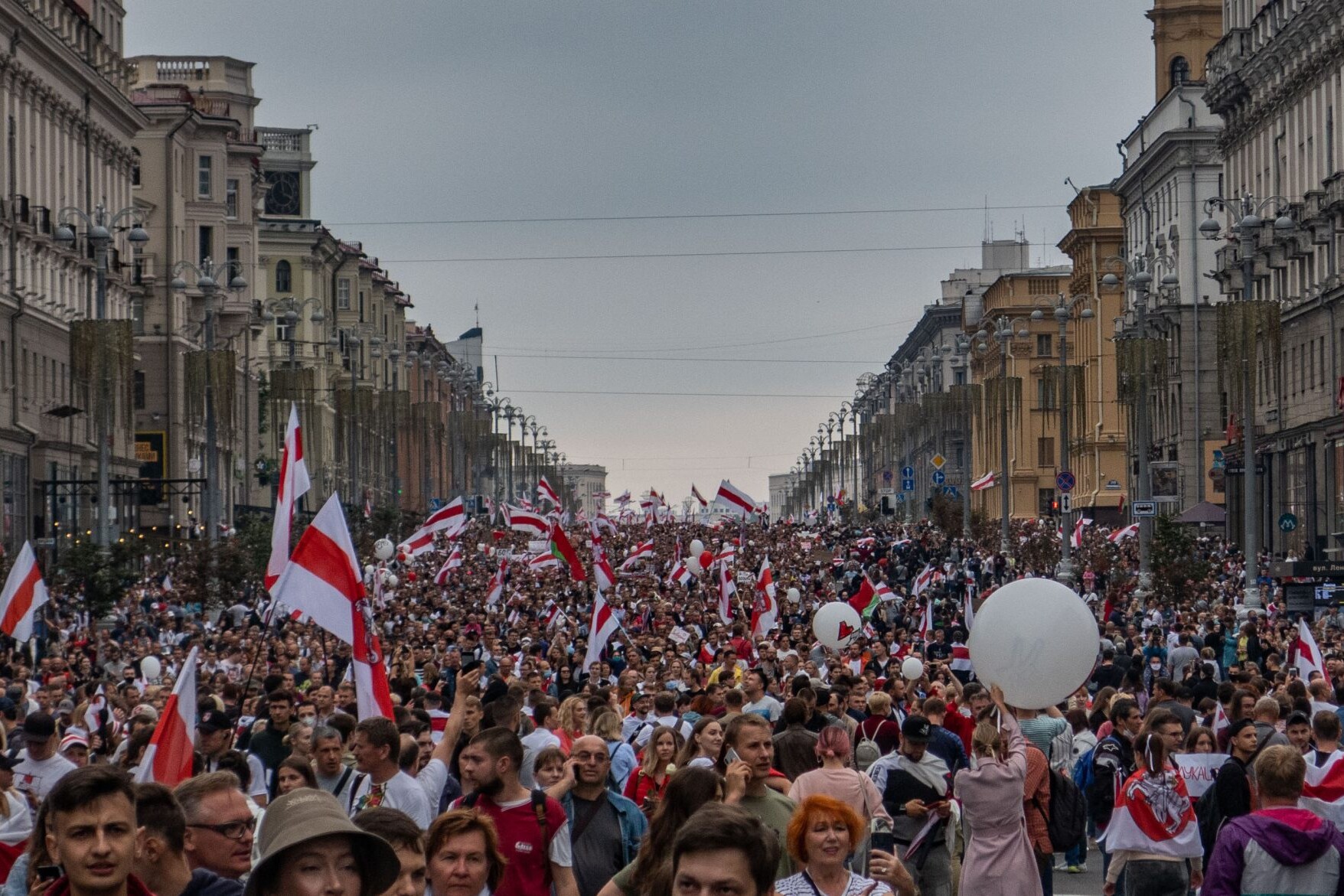The Public Media Alliance calls on the US government not to implement a proposed rule that seeks to limit the time foreign journalists are eligible to remain in the US.
Foreign journalists working in the United States have unique selling points: they come with the knowledge of non-English languages; they may possess special experience and expertise; and they provide insight into cultural, political, and historical contexts which US-born or entirely US-based journalists might not have. They ultimately lend to media pluralism by adding their diverse and often independent voices to the landscape.
But their voices are at a risk of being stifled.
For instance, journalists at Voice of America (VOA) and the four other networks under the United States Agency for Global Media (USAGM) have been on edge for some months now.
In early July, following the appointment of Michael Pack as USAGM’s head, it was announced that there would be a case-by-case review of J-1 visa renewal applications, potentially resulting in the expulsion of numerous journalists.
The visa review was said to be aimed at “improving agency management, protecting U.S. national security, and ensuring that hiring authorities are not misused,” VOA reported. Since then, VOA journalists have already been forced to leave the country and, as more visas draw close to expiring, other journalists face expulsion if their visas are not renewed. The policy has been decried by journalists and Congress Members alike, with the latter group calling on Pack to justify the visa renewal decision which they believe endangers the mission of USAGM’s network.
Read more: New Voice of America overseer called foreign journalists a security risk. Now the staff is revolting
The visa troubles within the USAGM network precede and perhaps foreshadowed the threat now facing thousands of foreign journalists working in the US. Most recently, the Department of Homeland Security (DHS) revealed a draft of a proposed rule which seeks to limit the amount of time foreign journalists are eligible to remain in the US.
Lumping foreign journalists in with non-immigrant academic students and exchange visitors, the proposed rule advocates for a shift in the admission period from “duration of status” – that is, for as long as the applicant maintains their journalist, student, or exchange visitor status – to a fixed time period. In the draft, DHS said the rule aims to “provide the Department with additional protections and mechanisms to exercise the oversight necessary to vigorously enforce our nation’s immigration laws, protect the integrity of these non-immigrant programs, and promptly detect national security concerns.”
If passed, the rule would limit the visa of foreign journalists (I visas) to 480 days – 240 days will be initially granted while the other 240 days must be applied for, with no other extensions available beyond that. The current maximum is five years. The rule could affect nearly 50,000 foreign media representatives. According to DHS, there were 44,140 admissions for foreign media representatives in the United States in 2018.
The public has 30 days after the publication in the Federal Register to submit comments, data, views, and arguments on all aspects of the proposed rule. With just one day left for the comment period, more than 25,000 public comments have already been submitted ahead of the October 26 deadline.
Public broadcasters, such as Public Media Alliance member ZDF, have denounced the proposed restrictions, stating it threatens correspondents’ ability to work in the US. “Such a time limit makes continuous reporting, which is based on established and trusting relationships between journalists and informants, impossible,” ZDF said in a press release.
In an opinion piece for The Washington Post, Chief Correspondent of Feature Story News, Simon Marks, called the proposal “draconian” and criticised it for its lack of differentiation between journalists on temporary assignments and longer-term tours. Marks also emphasised the risks the changes could pose to foreign journalists if they are to return to countries where governments disapprove of VOA reports. “If implemented,” he said, “these changes will have a devastating impact on global press freedom.”
The Public Media Alliance calls on the US government not to implement the proposed laws and drop plans to reduce the length of I visas.
The presence of foreign journalists is essential not only for international coverage of the US, but for the worldview of US nationals, through their provision of diverse, critical and plural coverage of national events. Furthermore, while some assignments are temporary, many foreign journalists are conducting long-term work. It takes time to settle into a new country, adapt to the existing contexts, and to establish contacts and a reputation. Lastly, any decision to implement the proposals could present undue and potentially severe risk to some journalists following their departure from the US.
Header Image: The VOA microphone in woman’s hand, interview. Credit: Nada Bascarevic/iStock
